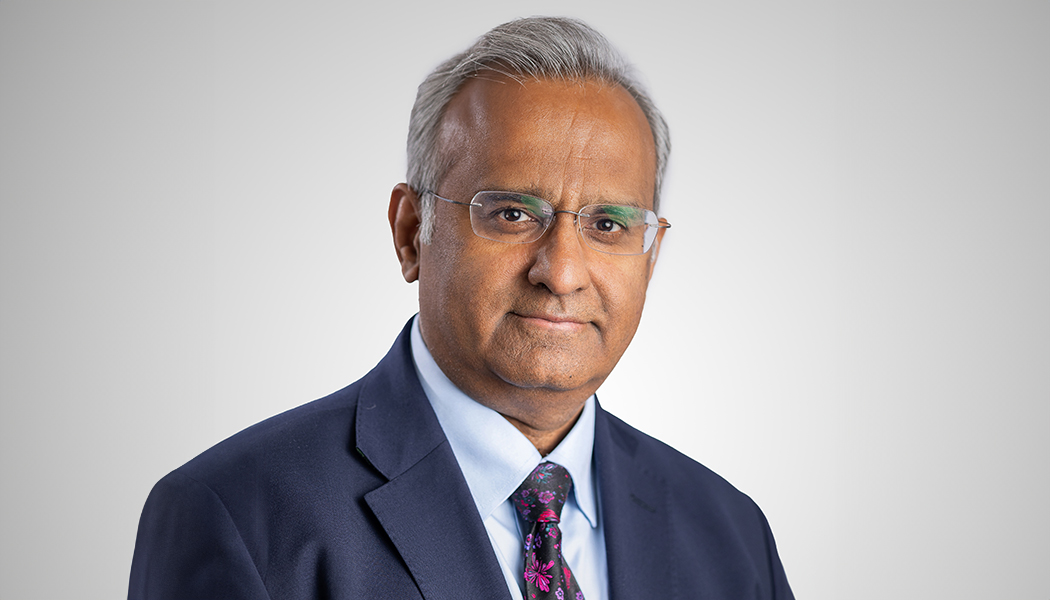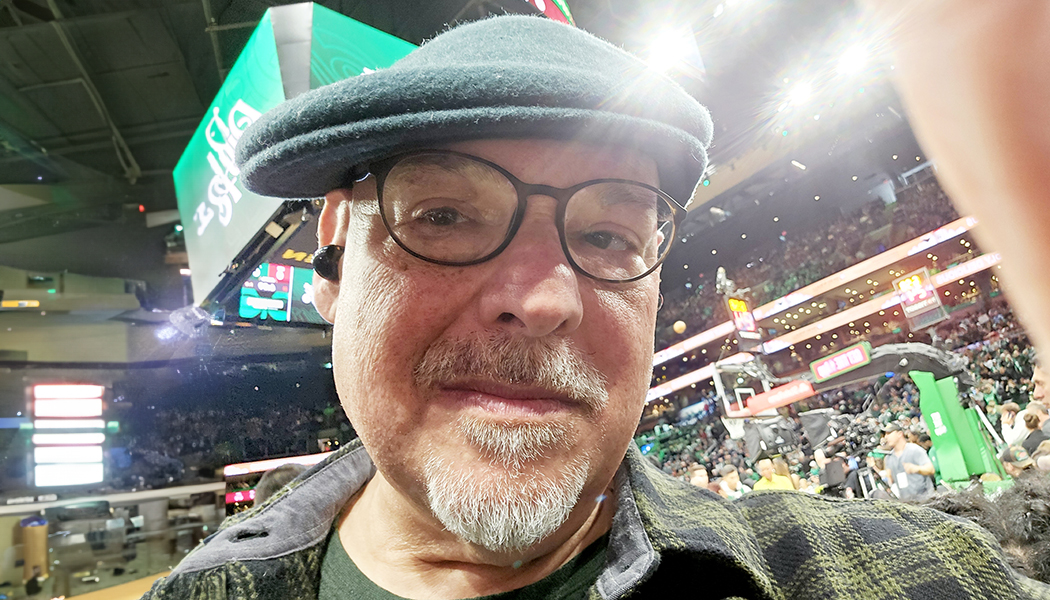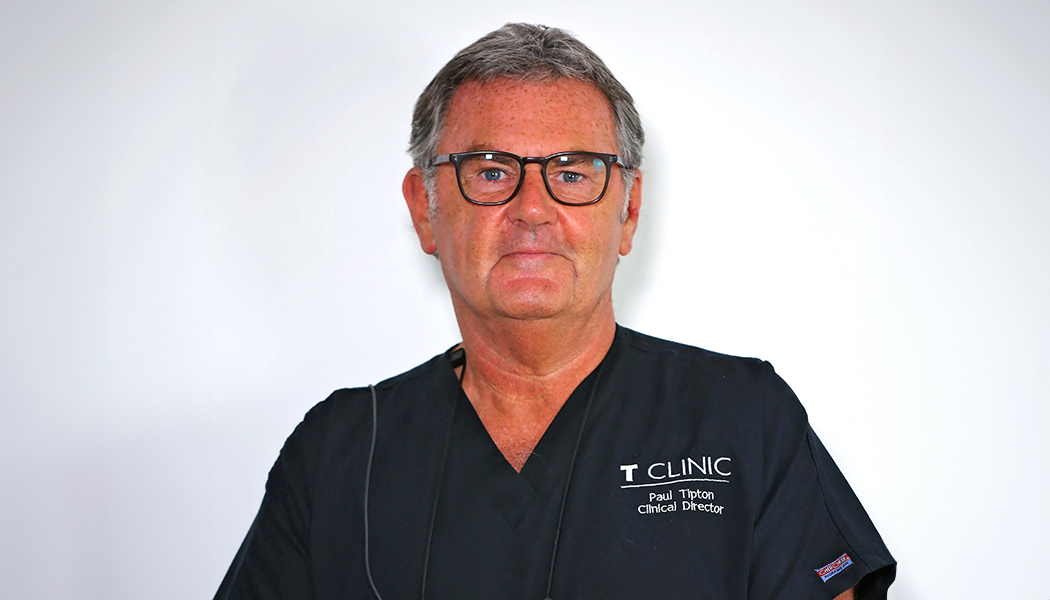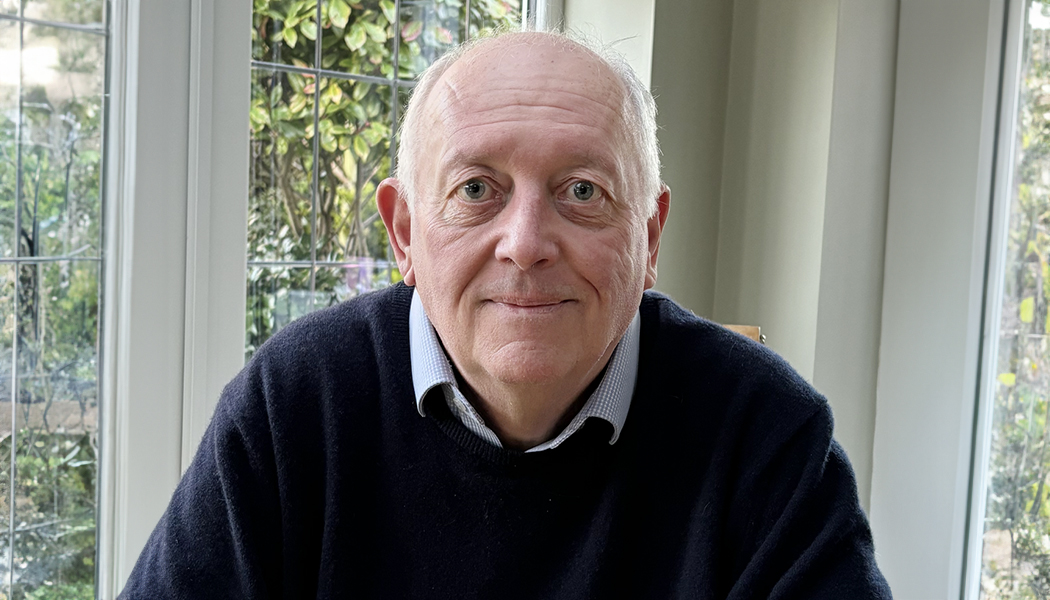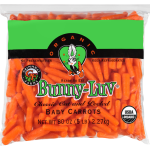It was perhaps with a degree of irony that I happened to turn on my television on the 4th July to be confronted with a controversial news story regarding independent experts or, to be more precise, potentially ‘tainted’ independent experts.
Let me explain.
Most people will be aware of the terrible fire that occurred on 14th June at Grenfell Tower in West London and the appalling loss of life that ensued as a result. Understandably, many questions have been asked as to what exactly happened and why the fire apparently spread so fast.
In response to these concerns Theresa May, the Prime Minister, ordered a full public inquiry into the disaster and stated that people needed to know what happened. She announced that the inquiry would be led by Sir Martin Moore-Bick QC.
On 26th June the Communities Secretary, Sajid Javid MP, appointed an Independent Expert Advisory Panel to advise the Government on any immediate steps to be taken on fire safety … and this is where the controversy starts.
Included in the panel of four experts are Sir Ken Wright (Chairman) and Dr Peter Bonfield both of whom are associated with the BRE (Building Research Establishment) Group. In fact, Dr Bonfield is the current Chief Executive.
The BRE were previously commissioned by the Government and produced a report on fire safety of buildings. A Barrister for the Grenfell victims, Mr Jo Maugham QC, stated that he believed the experts appointed by the Government may be tainted. Mr Maugham commented in a BBC interview that there would be a potential conflict if, as part of the public inquiry, the experts found they needed to contradict advice they had previously given and he questioned whether they would be prepared to do that. His point being that he was concerned they will already be minded to form an opinion that aligns with their previous advice and thus their ‘independence’ could be compromised or, as he put it, ‘tainted’.
As a Construction Quantum Expert I am regularly appointed to give ‘Independent Expert Advice’ and this led me to thinking about the term ‘independent’ and its practical and literal meaning.
A quick search on the internet revealed the following when asking for the meaning of being independent:
· Not influenced or controlled by others in matters of opinion, conduct, etc; thinking or acting for oneself.
· Not subject to another’s authority or jurisdiction; autonomous; free.
· Not influenced by the thought or action of others.
· Not influenced or controlled in any way by other people, events or things.
It seems clear that the common theme is that someone acting independently does so when they are not influenced or controlled by others. This accords nicely with the judgment of Mr Justice Cresswell in the case known as the Ikarian Reefer, where he stated that expert evidence presented to the Court should be, and should be seen to be, the independent product of the expert uninfluenced as to form or content by the exigencies of litigation. He also went on to say that an expert witness should provide independent assistance to the court by way of objective unbiased opinion in relation to matters within his expertise.
In practice however, I would suggest that being independent is trickier than the theory. Ordinarily an expert will be paid by the party instructing him/her, so does this pass the test of ‘not being influenced’? Is it possible to be truly independent if, no matter how much you’ve put it to the back of your mind, you’re being paid by one party?
To my mind, expert witnesses often fail the test of acting independently. I’ve encountered instances where experts appointed separately by both parties come to completely opposing views/opinions, yet curiously they are always in favour of their own client. Coincidence?
An independent expert ought to be able to draw exactly the same conclusion regardless of which party has appointed him/her even if it is to the detriment of the client’s case. Experienced and competent experts will embrace this principle of acting in a consistent manner and conduct themselves accordingly for the benefit of the Tribunal, to whom they owe a duty.
But what about the notion of being ‘tainted’ and how remote can this be? In construction disputes we know that a construction consultant who prepares claims for the client cannot act as an independent expert in any subsequent proceedings, because they would have already performed the role of an advocate which would taint their independence.
What about if you prepared those claims whilst at a previous firm. Could you later act as an independent expert? I would suggest not.
Consider the position whereby a consultant has given advice to a sub-contractor and then years later is asked to act as an expert by the employer. Is that too remote? It’s likely to depend upon the circumstances.
So that brings me to the question, who determines whether your independence has been compromised or not?
In my profession, we invariably raise any potential issue with our instructing lawyer and then discuss the implications with them. If there is any doubt about independence the expert is likely to be invited to resign.
What about the two Government appointed experts, Sir Ken Knight and Dr Peter Bonfield? Well this is a public inquiry and one that will be severely scrutinised by potentially millions of people. I refer back to Mr Justice Cresswell’s judgment where he stated that expert evidence should be, and should be seen to be, the independent product of the expert.
I can sympathise with Mr Maugham’s position that having provided previous advice to the Government on the same matter of substance, the experts are likely to be seen to be ‘tainted’. And I say ‘seen’ because it’s ‘seen’ by the public and they are the people that need to be convinced of the experts independent nature to feel confident that the conclusions drawn have been derived from independent, objective and unbiased opinion.
Paul Taplin FRICS
Head of DIALES (Middle East)
DIALES Expert Services





